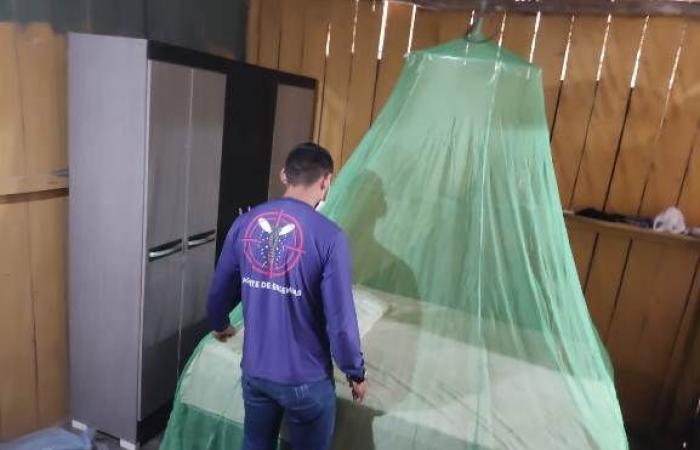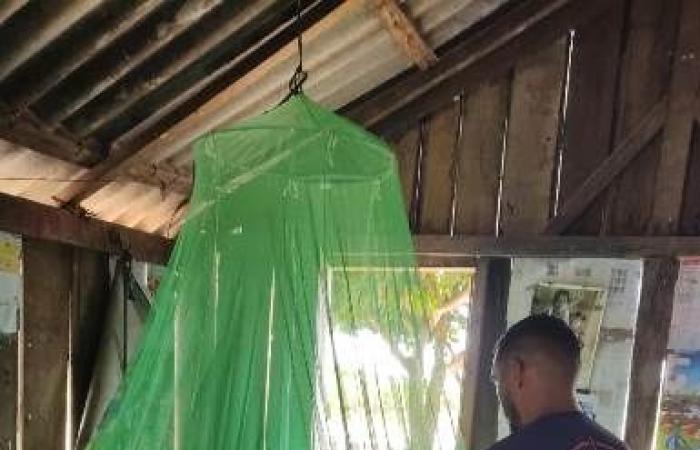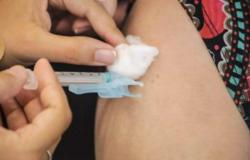The State of Roraima was awarded the transfer of 10 thousand MILD (Mosquito Nets Impregnated with Long-Lasting Insecticide). The initiative aims to strengthen actions to combat Malaria in endemic areas.
According to the manager of the Malaria Control Center, Gerson Castro, the transfer of these mosquito nets to municipalities is one of the strategies to combat malaria control in municipalities.
“This is a special mosquito net, which only the Ministry of Health purchases and distributes. It is one of the control strategies in locations close to potential breeding sites for the Anopheles Darling mosquito, the main transmitter of Malaria. The use of mosquito nets does not affect the health of the resident, municipal endemic disease agents are qualified to provide guidance and installation for the population”, informed Gerson.
MILD is impregnated with insecticidal substances between the polymers that form its fibers. In addition to preventing mosquito contact with the individual, the item allows vectors to die hours after coming into contact with the mosquito net.
In the first quarter of this year, Roraima recorded a total of 6,188, a panorama completely opposite to that of 2023, when the State registered 10,009 notifications in the same period, a reduction of 38%.
“At the moment we are in a very dry period, however, with the rainy season the breeding sites will fill up. With the end of the rainy season, the rivers dry up and in mid-September the breeding sites are at a standstill and malaria tends to increase, but this is what we are guiding the municipalities on. Even the mosquito net is a strategy to minimize cases”, highlighted the manager.
Suyanne Sá
Tags: Roraima receives insecticidetreated mosquito nets combat malaria







